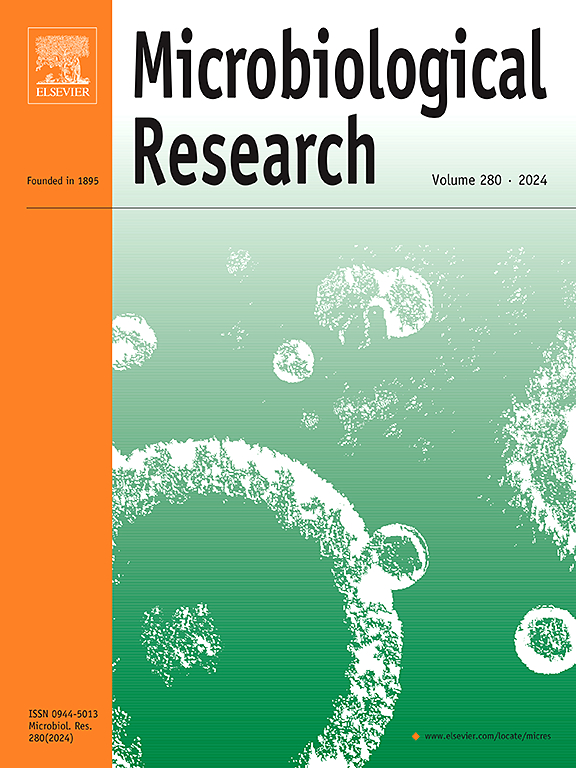肠道微生物群、代谢物和肺动脉高压:相互调节和潜在治疗
IF 6.9
1区 生物学
Q1 MICROBIOLOGY
引用次数: 0
摘要
肺动脉高压是一种进行性疾病,其特征是肺血管压力和阻力增加,最终导致右心衰和死亡。越来越多的证据强调了肠-肺轴在呼吸系统和心血管疾病发展中的重要性。值得注意的是,在肺动脉高压中观察到肠道微生物群的显著变化,包括微生物组成和功能的改变。具体而言,微生物衍生的代谢物,包括短链脂肪酸、三甲胺n -氧化物、胆汁酸和色氨酸,在肺动脉高压的发展中起着重要作用。关键细菌和代谢物的鉴定,以及肠道微生物群靶向技术和代谢途径靶向抑制剂/激动剂的最新进展,为肺动脉高压的诊断、预后和治疗策略的发展提供了潜力。新兴的研究方向包括病毒和真菌的宏基因组分析、人工智能辅助预测模型、新型代谢物及其相关酶、药物-微生物群相互作用、选择性抗生素和高级微生物群移植。这篇综述综合了将肠道微生物群与肺动脉高压联系起来的临床和实验证据,强调了它们之间的相互作用,作为进一步研究和转化应用的有前途的途径。本文章由计算机程序翻译,如有差异,请以英文原文为准。
Gut microbiota, metabolites, and pulmonary hypertension: Mutual regulation and potential therapies
Pulmonary hypertension is a progressive condition characterized by increased pulmonary vascular pressure and resistance, ultimately leading to right heart failure and death. Increasing evidence has underscored the importance of the gut-lung axis in the development of respiratory and cardiovascular diseases. Notably, significant changes in the gut microbiota, including altered microbial composition and function, have been observed in pulmonary hypertension. Specifically, microbiota-derived metabolites, including short chain fatty acids, trimethylamine N-oxide, bile acids and tryptophan, play a significant role in the development of pulmonary hypertension. The identification of key bacteria and metabolites, along with recent advances in gut microbiota-targeting technologies and metabolic pathway-targeting inhibitors/agonists, holds potential for developing diagnostic, prognostic, and therapeutic strategies for pulmonary hypertension. Emerging research directions include metagenomic analysis of viruses and fungi, artificial intelligence-aided prediction models, novel metabolites and their associated enzymes, drug-microbiota interactions, selective antibiotics, and advanced microbiota transplantation. This review synthesizes clinical and experimental evidence linking the gut microbiota to pulmonary hypertension, highlighting their interplay as a promising avenue for further investigation and translational applications.
求助全文
通过发布文献求助,成功后即可免费获取论文全文。
去求助
来源期刊

Microbiological research
生物-微生物学
CiteScore
10.90
自引率
6.00%
发文量
249
审稿时长
29 days
期刊介绍:
Microbiological Research is devoted to publishing reports on prokaryotic and eukaryotic microorganisms such as yeasts, fungi, bacteria, archaea, and protozoa. Research on interactions between pathogenic microorganisms and their environment or hosts are also covered.
 求助内容:
求助内容: 应助结果提醒方式:
应助结果提醒方式:


